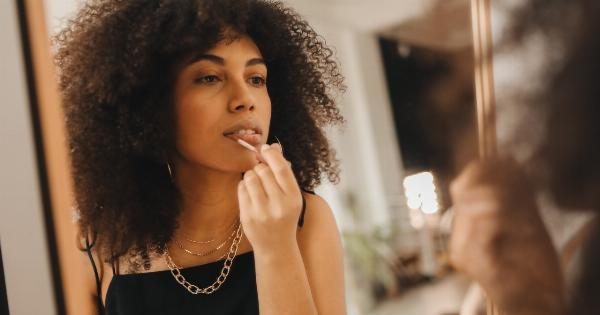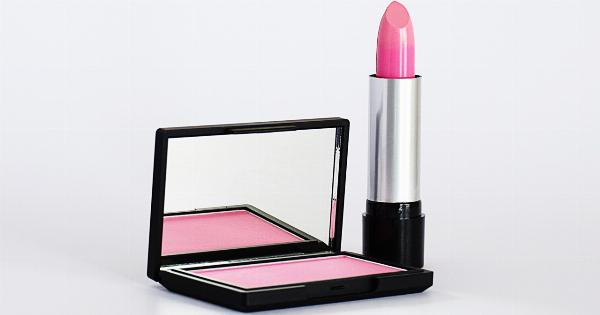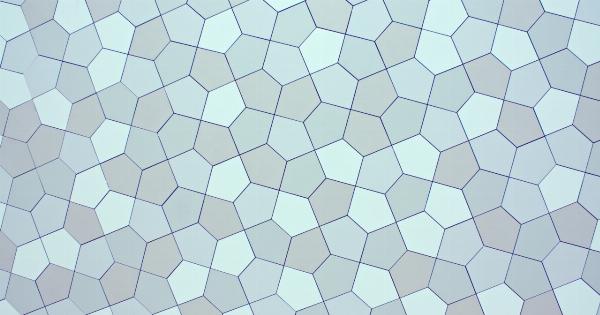Makeup can be expensive, and the last thing you want is for your favorite products to go bad before you have a chance to use them.
But how long can you actually keep your makeup before it becomes unsafe to use? Here’s a guide to the expected lifespan of different types of makeup products:.
Foundation and Concealer
Most foundations and concealers have a shelf life of 6-12 months. This is because they often contain oils and other ingredients that can spoil over time. If you notice any changes in color, texture, or smell, it’s time to toss them.
Powder Products
Powder-based makeup products, like eyeshadows, blushes, and powders, can generally last up to two years as long as they are stored properly (in a cool, dry place and away from direct sunlight).
However, if they become hard, clumpy, or develop a strange odor, it’s time to replace them.
Eyeliner and Mascara
Eyeliner and mascara have the shortest lifespan of all makeup products, typically lasting only three to six months. This is because they are often used around the delicate eye area, where bacteria can easily lurk and cause infection.
If you experience any irritation or notice any changes in texture or scent, toss them immediately.
Lipstick and Lip Gloss
Lipstick and lip glosses often contain preservatives that make them last longer than other types of makeup products, with a shelf life of up to two years. However, if you notice any changes in smell, taste, or texture, it’s time to replace them.
Skincare Products
Skincare products, including moisturizers, serums, and cleansers, typically have a shelf life of six months to one year. This is because they often contain active ingredients that can lose their effectiveness over time.
If you notice any changes in color, texture, or scent, it’s time to replace them.
Sunscreen
Most sunscreens have an expiration date of two to three years. However, if you notice a change in the consistency, color, or smell, it’s time to replace them.
Sunscreens are important to discard once expired because they can lose their protective properties and not keep your skin safe from UV damage.
How to Care For Your Makeup To Extend Its Lifespan
By taking good care of your makeup products, you can help prolong their shelf life:.
- Store your makeup in a cool, dry place, away from direct sunlight.
- Keep your makeup brushes clean to prevent the spread of bacteria
- Don’t share makeup products with others to avoid the spread of harmful germs
- Don’t add water to your makeup products – it can introduce bacteria and reduce their lifespan
- Close containers tightly after every use to prevent air from getting inside.
Conclusion
While it can be tempting to hold onto your favorite makeup products forever, knowing their lifespans can help you ensure you are using products that are safe for your skin.
Keep an eye on the shelf life of your makeup products, and always be on the lookout for changes in texture or scent that may indicate they have gone bad.






























